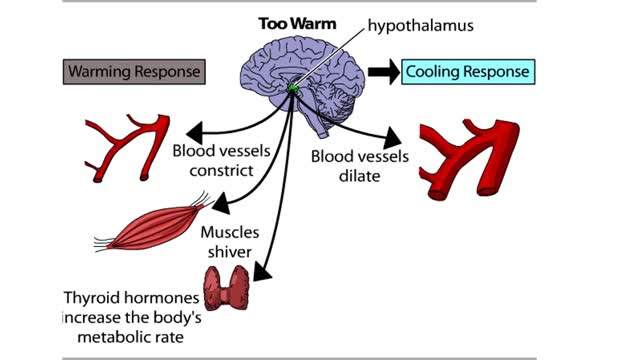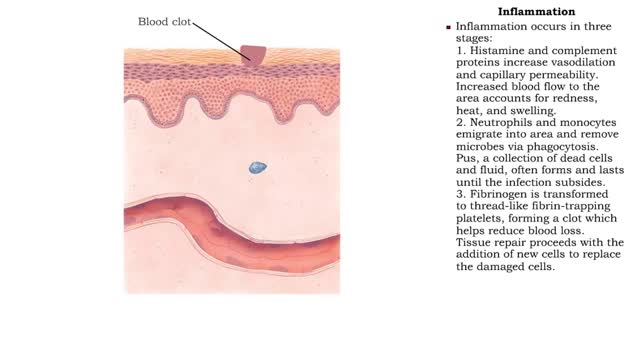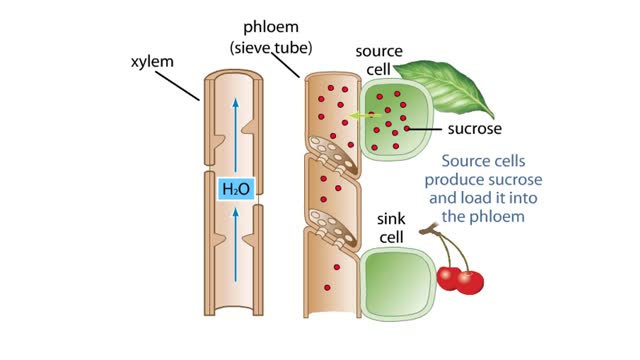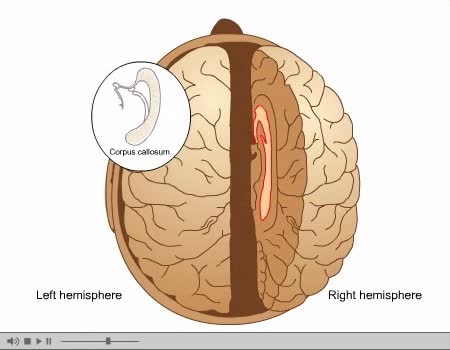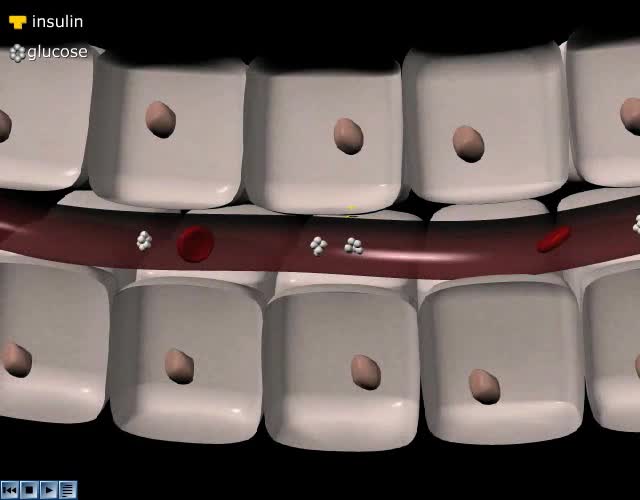Search Results
Results for: 'bone loss'
The Hypothalamus: The Body's Thermostat (Human Thermostat)
By: HWC, Views: 10236
Normal body function requires a relatively constant body temperature, which is regulated by the body's thermostat, a region of the brain called the hypothalamus. The hypothalamus generates a temperature set point for the body and appears to be the major site for the integration of temperature inf...
By: HWC, Views: 11582
• Inflammation is an immune response that can occur anywhere in the body, but is observed most frequently on the skin. • It provides early protection by preventing infection from spreading to other parts of the body. • Inflammation also promotes repair of damaged tissues. Inflammat...
By: Administrator, Views: 14039
Alzheimer's disease (AD), also referred to simply as Alzheimer's, is a chronic neurodegenerative disease that usually starts slowly and gradually worsens over time. It is the cause of 60–70% of cases of dementia. The most common early symptom is difficulty in remembering recent events. As the d...
The Pressure Flow Model in a Plant
By: HWC, Views: 10412
The vascular system of plants has two transport tissues, called xylem and phloem. Xylem transports water and minerals, while phloem transports a variety of dissolved substances, including sugars and amino acids, throughout the plant. Water in the xylem always moves up, in the direction from th...
Brain Anatomy Animation (Part 1 of 2)
By: Administrator, Views: 14500
The human brain is the central organ of the human nervous system, and with the spinal cord makes up the central nervous system. The brain consists of the cerebrum, the brainstem and the cerebellum. It controls most of the activities of the body, processing, integrating, and coordinating the infor...
By: Administrator, Views: 15698
Hyperglycemia means high (hyper) glucose (gly) in the blood (emia). Your body needs glucose to properly function. Your cells rely on glucose for energy. Hyperglycemia is a defining characteristic of diabetes—when the blood glucose level is too high because the body isn't properly using or doesn...
Advertisement



